
Our extra-virgin olive oil is 100% organic.
Our certified organic extra virgin olive oil is produced with care, patience, and passion. Most of our 1,500 olive trees are 100+ year old Galega trees, widely recognised across Portugal as producing the highest quality and most flavourful olive oil. Our green extra virgin olive oil is particularly low in acidity resulting in a sweet, fresh taste.

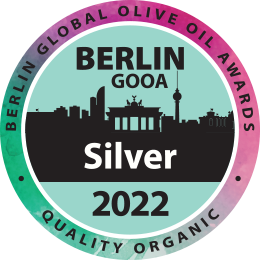
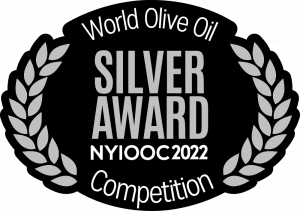
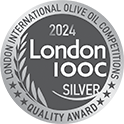


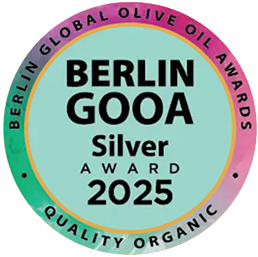
Limited edition, numbered bottles of pure extra-virgin olive oil with provenance.
Our Organic Extra Virgin Olive Oil is available in gourmet shops in Portugal and for sale directly from our farm. Please contact us to arrange a visit or a list of shops who carry our products.
€150 for either 6x 500ml bottles, or 12x 250ml bottles
Number of cases desire.
Price includes shipping within EU.
We are currently only able to ship to EU countries
For larger quantities please contact us at ola@casabaio.com
Our Olives
Our certified organic extra virgin olive oil is produced with care, patience, and passion. Most of our 1,500 olive trees are 100+ year old Galega trees, widely recognised across Portugal as producing the highest quality and most flavourful olive oil. Our green extra virgin olive oil is particularly low in acidity resulting in a sweet, fresh taste.
We do not irrigate our olive groves which gives our olives a unique flavour due to the specific terroir of Monte Vale de Baio. Our early harvest and non-irrigation practices mean we obtain less quantity of oil, but it does ensure that the quality is the best we can produce.
Our early harvested olives are cold pressed within hours of picking from our farm, another important aspect to producing the highest quality olive oil.
While most commercial operations harvest their olives by shaking the trees or using suction machines, we handle our exceptional trees with care and concern and pick our olives by hand. While this process is far more labourintensive, requiring a team of skilled harvesters rather than a single person on a tractor, it is much gentler on the trees and is essential if harvesting early in the season when the olives do not fall off the branch as easily as they do when fully ripe.
Research shows that regenerative organic farming practices are currently the most sustainable and ethical farming practices. Our olive groves are traditional, meaning that the trees are widely spaced in contrast to intensive and super-intensive olive groves, this allows for greater biodiversity to be present in our olive groves.
As we do not till the soil, we are encouraging biodiversity both above ground and in the soil itself. Our olive groves are full of native wild flowers and other grasses which are essential to our bees and insect populations.
Research currently exists that if all farmers would change to a regenerative no-til approach we could sequester all the carbon currently being emitted. The carbon stays in the soil benefitting our trees and cover crops, and the microorganisms that are so important to the soil stay where they need to be as they are not turned over. In order to maintain the fields we use a managed grazing approach with sheep. The sheep are also important fertilisers for the olive groves as we do not use any chemicals or other fertilisers.
Every year the quantity of olive oil produced is dependent upon mother nature e.g. how much rainfall, temperature, etc. Our philosophy is to always favour quality over quantity and we always aim to be as sustainable and ethical as possible in our farming practices. When you purchase our organic extra virgin olive oil you can be sure that you are supporting not only your own health but that of the planet as well!
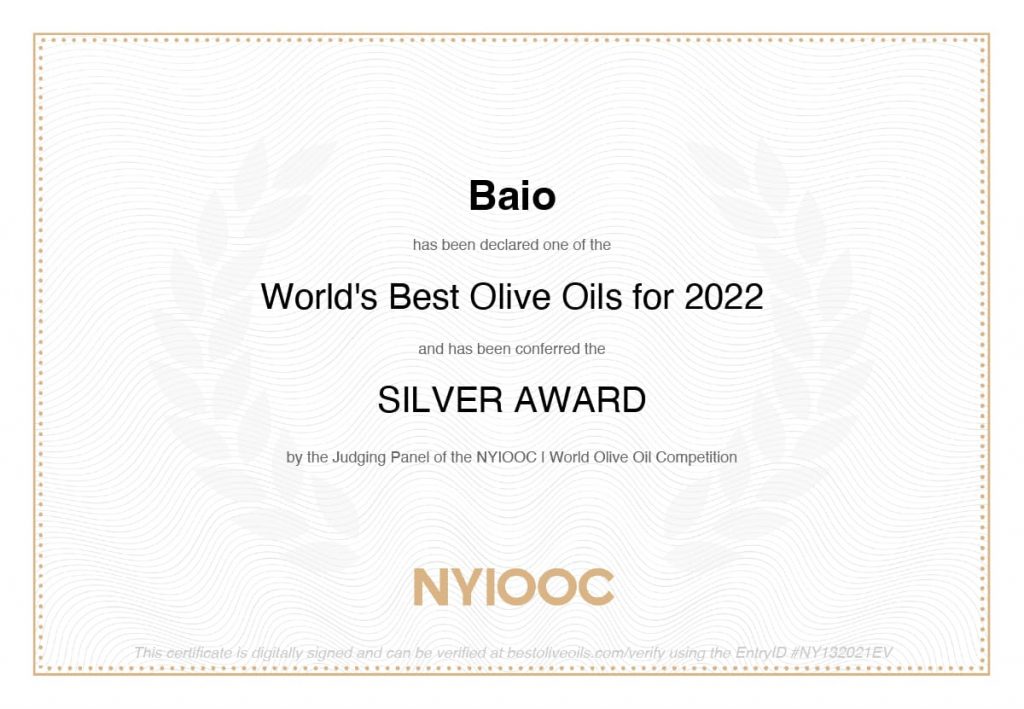

Technical Specifications
Three batches of our extra virgin olive oil have been tested by the Laboratory of Technical Studies at the Higher Institute of Agronomy in Lisbon. You can click below to see their analysis results.
Recent data from farming systems and pasture trials around the globe show that we could sequester more than 100% of current annual CO2 emissions with a switch to regenerative organic agriculture.
Rodale Institute